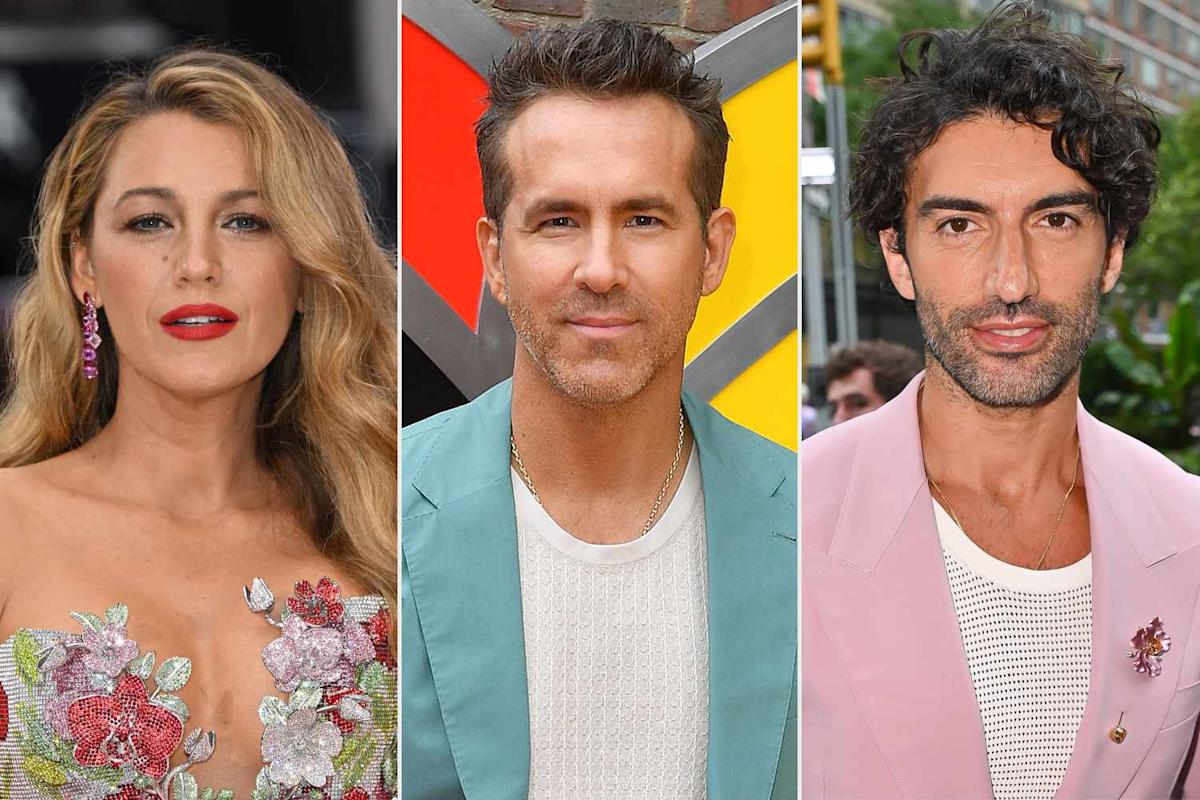In a significant development, Justin Baldoni’s substantial $400 million countersuit against actors Blake Lively and Ryan Reynolds, among others, has been dismissed by a judge. This court ruling marks a pivotal moment in the ongoing legal disputes surrounding Baldoni’s claims of extortion and defamation.
On June 9, 2024, Judge Lewis J. Liman authorized the motion to dismiss Baldoni’s extensive lawsuit against Lively, Reynolds, their publicist, and even The New York Times. This countersuit arose in response to Lively’s allegations of sexual harassment against Baldoni, which he denies. The judge’s ruling indicates a thorough examination of Baldoni’s claims, concluding that they lacked substantial grounds.
In his opinion, Judge Liman clarified that Baldoni’s legal team failed to convincingly demonstrate that Lively was responsible for any defamatory statements beyond those made in her complaint, which were deemed privileged. The ruling emphasized that Baldoni’s team did not sufficiently assert that Reynolds or the publicist had reasonable doubts regarding the veracity of their statements. As such, the court ruled that their claims could not meet the legal standards for defamation, resulting in the dismissal of the case in its entirety.
For Baldoni, a prominent figure known for directing and starring in It Ends With Us, this legal setback is undeniably significant. His legal representatives had previously characterized Lively’s motion to dismiss the countersuit as an "abhorrent example of abusing our legal system." The dismissal, however, paints a different picture, prompting a reconsideration of the legal strategy employed by Baldoni and his team.
In the aftermath of the ruling, Lively’s legal representatives celebrated what they deemed a "total victory," asserting that the court’s decision vindicates not just Lively but also Reynolds, Sloane, and The New York Times, all of whom had been implicated in Baldoni’s suit. The sentiment from Lively’s legal team underscored that the countersuit was perceived as a retaliatory move, lacking substantive merit from its inception.
Sigrid McCawley, an attorney for Lively’s publicist, also voiced relief, stating, "Leslie Sloane has consistently said that she never defamed Baldoni or the Wayfarer Parties and she was wrongfully dragged into this lawsuit." McCawley emphasized that justice had been served, with the court ruling affirming that Sloane acted without any wrongdoing.
The New York Times, which had reported on Lively’s allegations, continues to stand by its coverage. Their spokesperson emphasized the meticulous nature of their reporting, defending it against claims of orchestrating a smear campaign against Baldoni.
Interestingly, Lively, 37, recently dropped two claims against Baldoni—specifically, intentional and negligent infliction of emotional distress—described by her legal team as a move to streamline the litigation process. This decision reflects a typical practice in legal disputes where parties often seek to clarify their claims in pursuit of a more focused case.
Furthermore, the controversy isn’t quite over. The judge’s ruling does allow Baldoni’s legal team the option to amend the claims pertaining to breach of the implied covenant and tortious interference with contract, with a deadline set for June 23.
During this complex legal battle, both Lively and Baldoni are expected to testify in a trial scheduled for March 2026. This upcoming court appearance promises to add further layers to an already intricate situation, and many are anticipating how this high-profile case will evolve in the coming months.
Critically, this legal saga has drawn the attention of both fans and the general public due to the prominent status of the individuals involved. As the situation unfolds, it serves as a stark reminder of the complexities surrounding allegations of misconduct and the legal ramifications that can ensue. With Baldoni’s countersuit dismissed on rather clear grounds, the narrative shifts back to the original claims made by Lively against him, and the continued legal fight surrounding them.
In conclusion, the dismissal of Justin Baldoni’s $400 million countersuit against Blake Lively and Ryan Reynolds illustrates the intricate nature of celebrity-related legal disputes. It underscores how vital it is for parties involved to present clear and substantiated claims in court. With ongoing developments expected as the trial approaches, the entertainment world remains captivated by this unfolding story, eager to see how it all unfolds. As always, the principles of justice and accountability are put to the test in these high-stakes situations involving some of Hollywood’s brightest stars, reminding us of both the responsibility and the vulnerability that comes with fame.









